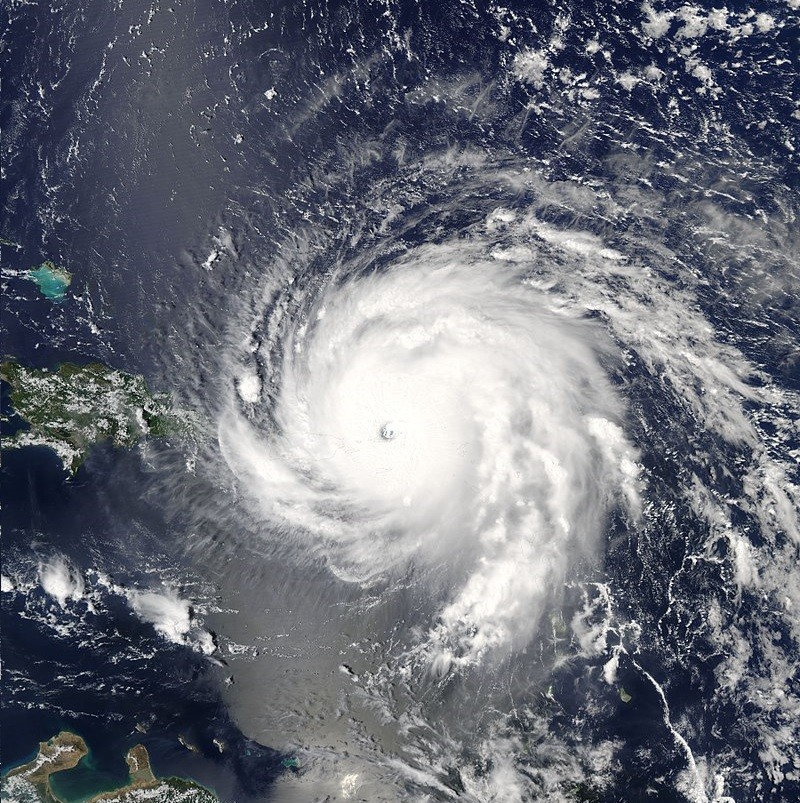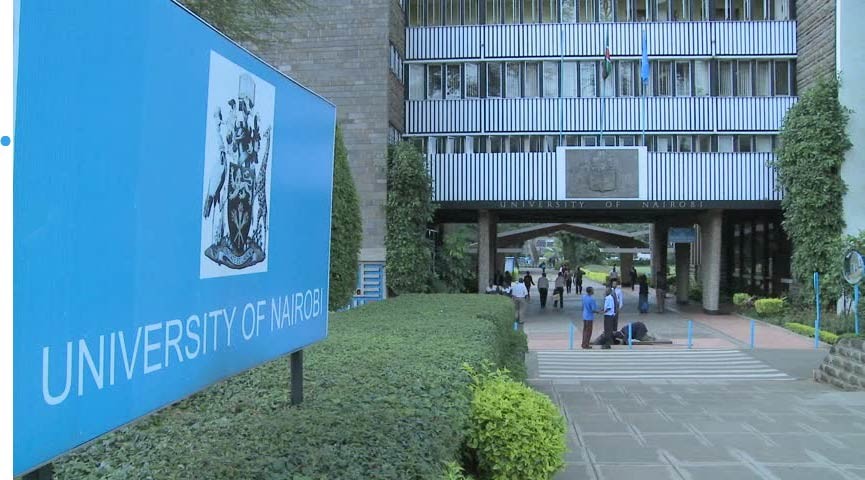The world is becoming increasingly aware of the economic challenges affecting small states. In 2016, the Commonwealth made considerable progress in advancing that awareness. An event that helped amplify concern and offer solutions was the Fourth Global Biennial Conference on Small States in Seychelles. It was there that we launched a special report, Achieving a Resilient Future for Small States: Caribbean 2050.
The report considers current policies and trends in six Caribbean countries – The Bahamas, Barbados, Grenada, Guyana, Jamaica, St Lucia and Trinidad and Tobago. And it makes a 34-year projection across different sectors.
On its current development path, our report warns that by 2050 the Caribbean will face unmanageable debt, poor growth, and greater socio-economic problems. By that time, five of the countries mentioned would have a debt-to-gross domestic product (GDP) ratio above 100.
Those are dangerous levels if growth continues to lag. Projections also suggest interest expenditure on debt is likely to sap public finances. That would reduce funds for development and give rise to greater socio-economic problems.
Stark warnings
The Caribbean faces mounting challenges, according to the report. Unless there are seismic shifts in policy-making, the outlook is stark. Sluggish growth, spiralling debt, high youth unemployment, rising crime rates, piecemeal investment and low productivity all pose serious threats to the region’s future.
Climate change also casts a long shadow. Small island developing states are most vulnerable to extreme weather, rising sea levels and diminishing natural resources. But they lack the funds to plan ahead and minimise risks. The report challenges the status quo and sets out policy interventions in targeted areas aimed at tackling persistent barriers to the region’s growth.
Boosting productivity will help
So how can the region transform? The report provides recommendations on productivity, export growth, increasing youth employment and fiscal reform. Findings show that a 2% a year increase in productivity would have the greatest impact on development and growth among the Caribbean countries profiled. Furthermore, results will be best if the region focuses on productivity combined with policies aimed at stimulating export growth. Then, the report points out, it is likely that growth and debt targets set by governments will be met.
The islands of the Caribbean have made good progress relative to their short-lived independence, the report states. Unfortunately though, a number of crises brought about by societal change, natural disasters and economic shocks have created major setbacks. For example, the region has struggled to make progress on development goals because of the protracted economic downturn.
The report attributes the overall decline in economic development to “a lack of systemic transformation”, and it calls for policy-driven innovation in partnership with the private sector. It also makes a strong case for deeper regional integration.
Sustainable energy is the way forward
The report makes recommendations to free up revenue and boost growth. One is for Caribbean governments to actively pursue sustainable energy systems by investing in new technology and improving efficiency. The report predicts that this will result in an increase in living standards, foreign investment will go up because of lower business costs, and damage to the environment will go down.
Our report sets out policy interventions in targeted areas aimed at tackling persistent barriers to the region’s growth.
This, it says, will also provide the region with a moral high ground in global climate change negotiations, and it will signal to the rest of world that transitioning from fossil fuels to renewable energy is indeed possible.
More financial help for small states
In addition to the opening of the Commonwealth Climate Finance Access Hub, we have made progress with other initiatives for our vulnerable member states. Eleven of them hold debt-to-GDP ratios above the IMF-World Bank debt sustainability benchmark of 60%, and all remain incredibly exposed to the effects of climate change. So we have been actively promoting greater debt sustainability.
Our innovative Debt Swap for Climate Change Adaptation and Mitigation Mechanism has great potential. Endorsed in 2016 by then UN Secretary-General Ban Ki-moon, it gives countries the option to exchange debt for a commitment to financing climate resilient projects. We have been working with member states to implement this solution and address the dual challenge of inadequate climate finance and high debt burdens.
In 2016, we presented alongside the Bank of England, Bank of France and the Government of Gabon at the Paris Club Forum. There we emphasised the importance of developing new instruments to improve debt sustainability in the face of climate change. One type of these, Countercyclical Financial Instruments, allow countries hit by a natural disaster a repayment holiday on government loans and bonds while they rebuild.
We’ve also been addressing the issue of de-risking, which is particularly detrimental to small states and vulnerable economies. This has been restricting legitimate individuals’, businesses’, banks’ and even governments’ access to the global financial system. It represents a serious threat to a number of our member countries.
“This publication offers strategies that seek balance for the Caribbean in the survivability of today and the sustainability of tomorrow. We have taken on board current and future threats facing the region, such as lack of competitiveness, human and financial resource constraints, crippling debt and limited access to development finance and put forward practical steps that set out a new trajectory to help realise the full and rich potential of the region.” – Commonwealth Deputy Secretary-General Deodat Maharaj


